In today's news, we review interesting points that affect the growth of our businesses and then we proceed to observe the Arad News Magazine.
Business Insights
🔶 Insurance Certificate
This certificate can assure the buyer and seller that in case of loss or damage to the goods, the cargo compensation will be paid by the insurance.
🔷 Inspection Certificate
This document professionally and accurately proves that the contents of your cargo are exactly what the buyer has requested in terms of quantity and quality.
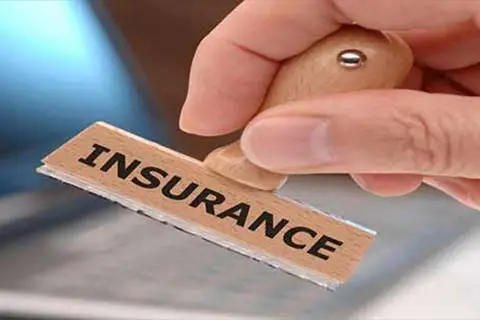
🌹 One of the high profit margin products for export is cut flowers, which can be harvested in Iran at any season and time due to its geographical location.
📃 Also, the Ministry of Agriculture has canceled the requirement for obtaining a license for exporting various cut flowers, including roses, carnations, anthuriums, orchids, daisies, gladioli, tulips, lilies, trumpet-flower, and geranium, making it possible for you to export these profitable products without the need for a license from the Ministry of Agriculture.

📦 When exporting various products to Kenya, certain packaging requirements must be observed.
🔖 All labels used must be in English or Kiswahili (the local language of Kenya).
📋 Packaged goods such as food, chemicals, cosmetics, and similar items must have batch numbers, expiration dates, and production dates specified.
📅 Perishable goods (such as food products) must have a shelf life of more than seventy-five percent from the arrival date in Kenya, and for non-food products, the minimum shelf life must be fifty percent.

⌛ Visas come in various types, and one of the criteria for categorizing visas is the number of entries into the desired country.
🧰 The only visa that allows the applicant to enter and exit the desired country multiple times without restriction and the need for visa renewal during the visa validity period is a multiple-entry visa.
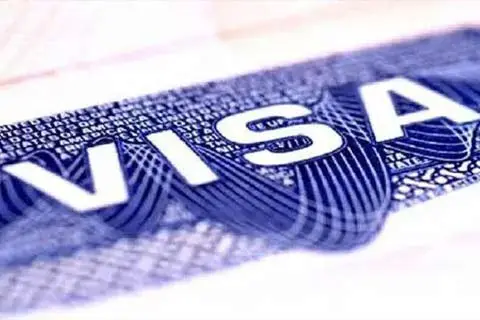
🚩Tunisia, located in the continent of Africa, plays an important role in exports, similar to the United Arab Emirates in Asia and on the shores of the Persian Gulf.
🔰 This country serves as a vital communication bridge between the three continents of Africa, Asia, and Europe.

🧵 Exporting textile products, fabrics, and carpets to Germany requires compliance with certain regulations.
🔗 Resistance to fire, color stability, and product labeling are some examples of the necessary quality standards. It should be noted that the CE standard of Europe, indicating compliance with the safety and health requirements of the product, is essential for its sale and distribution in Germany.
🔔 Another point is the regulations on the use of chemicals, which restrict or prohibit the use of substances that may be harmful to human health or the environment, compliance with the REACH regulations of the European Union (Registration, Evaluation, Authorization, and Restriction of Chemicals) is essential.
🧷 Product labeling is also important, with the label needing to contain information such as fiber content, care instructions, and country of origin, all in the language of the destination country, namely German.

🌀 When negotiating with traders from African countries, it's important to consider that the prices and quality of products used in these countries are much lower than our domestic products.
〽️ As lower-priced and much lower-quality products are more attractive to their people, as they claim.

📚 In the export tariff booklet or HS code, chapters 1 to 97 are the same in all countries, while chapters 98 and 99 are allocated to individual countries, meaning that some goods are not classified in chapters up to 97 and are specific to their own countries.
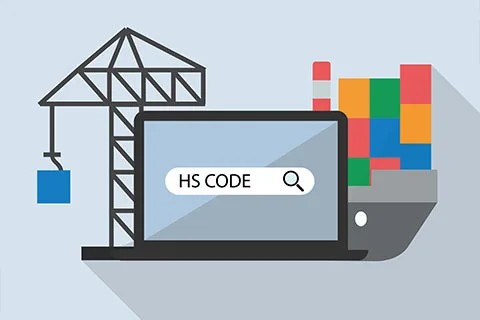
💻 The Europages website is an online B2B platform that facilitates communication between European companies and traders. It is a comprehensive website where companies can showcase their products and services, and find European suppliers, partners, and buyers.
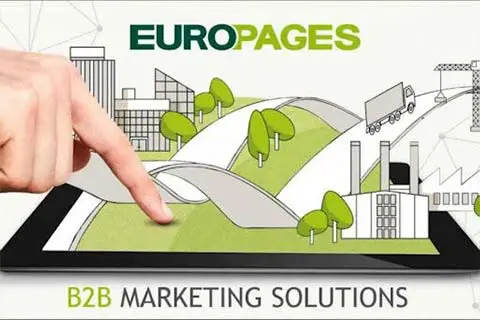
📍 In international customs transactions, the use of specific documents is mandatory.
📜 Some important documents in customs include:
1. The Commercial Invoice
2. Bill of Lading which can be "Sea Waybill" or "Air Waybill".
3. Freight Invoice
4. Certificate of Origin
5. Insurance Certificate
6. Pre-Shipment Inspection Certificate
7. Certificate of Conformity
8. Certificate of Use
These documents are used to ensure compliance with the regulations and laws of different countries during the customs process.
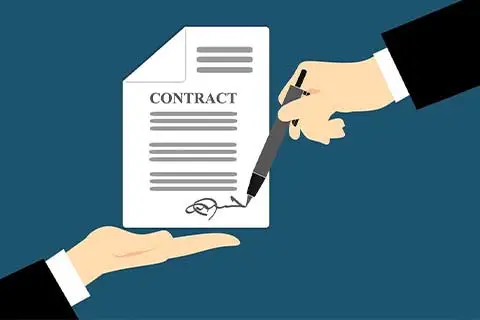
February 12th Visual Magazine

Meeting of Mr. Vahid and Dr. Malkhaz Songulashvili, the Archbishop of Georgia
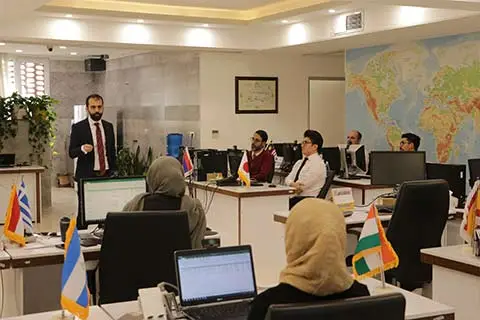
Mr. Shabani's meeting with agency managers

Mr. Ghorbani's meeting with international negotiations unit
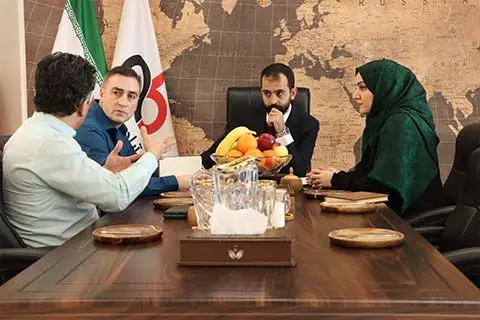
Mr. Shabani's meeting with Mr. Elvin, the representative of Azerbaijan

Mr. Khanjani, Chairman of the Board of Directors of Kimia Polymer Hirad Company in Mazandaran
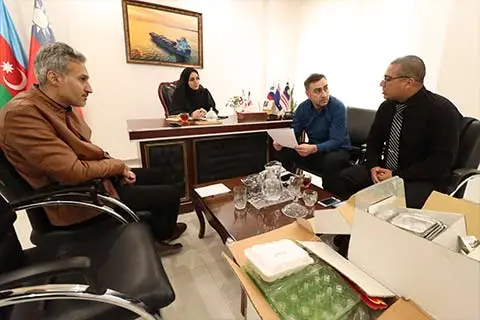
Mr. Elvin, representative of Azerbaijan in Arad Branding office

Mr. Elvin, the representative of Azerbaijan in the aluminum containers factory
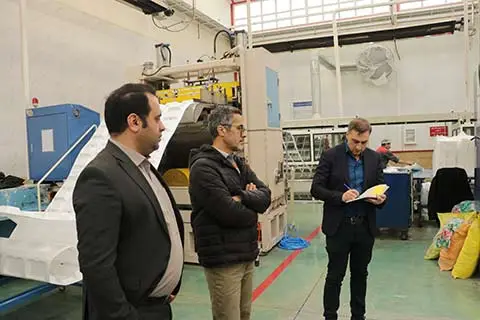
Mr. Elvin, the representative of Azerbaijan in the factory of disposable dishes

0
0